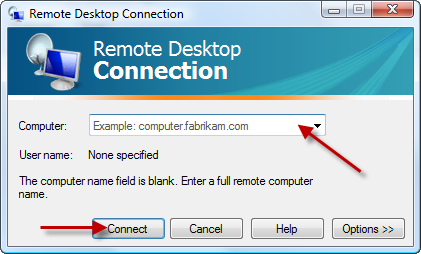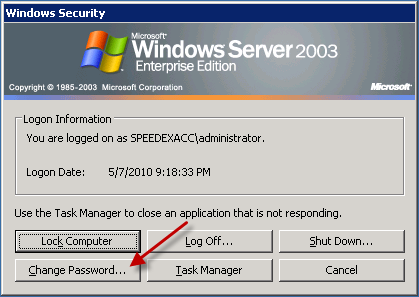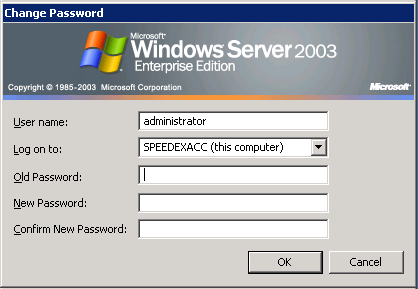It is a very good security practice to completely disable password authentication on your Linux server and use public key authentication method.
In order to do that you need to create your own public/private key pair and put the public key in ~/.ssh/authorized_keys
mkdir -p ~/.ssh echo 'ssh-rsa AAAAB3NzaC1yc2EAAAADAQABAAABAQDHV80zPWjPAwKo8Be0k1ypBRMdYDC0H2eQchu3MFsEp8av2F/18GNuHsbyMWp0p1uovP5LGZ/oPZ1ISJxLxxOBiqv0fOyb8uTDYWUUITgGvq9Fppj3BNYTjnLCUAVMKdP3VJ7IPk69ygYR1nhAXiv3dSfeG74f2eo3ZYhrylsVS2G84DUh47FuEFOsfn5s2wXVjwAgqdKBhiVQZWrptf6TEK3fZTVg4rCiRJ+YiIwTZr/CfFHbdqOiwDlGR5fWo0PHHq31lrQXzkASfi3C+ahQFnHsy4+8LdCq+TjzC3J6PbuXP1wpLdm1iP35f61hU1wX2hwhyxdvE+SBXT/PpSVB' >> ~/.ssh/authorized_keys
DISCLAIMER : The above key is my public key, if you put it on your server, I will be able to login into your server 😀
Now add/change the following config to the BEGINNING of /etc/ssh/sshd_config
ChallengeResponseAuthentication no PasswordAuthentication no UsePAM no PubkeyAuthentication yes
and restart ssh service :
service ssh restart
In order to check that only public key authentication is available run the following command on the server :
ssh -o PreferredAuthentications=none -o NoHostAuthenticationForLocalhost=yes localhost -p 22
and you should get this error :
Permission denied (publickey).
Note : Before closing your current SSH session, I highly recommend you to test that actually you can login into your server by new method. otherwise you may be locked out of your server.


